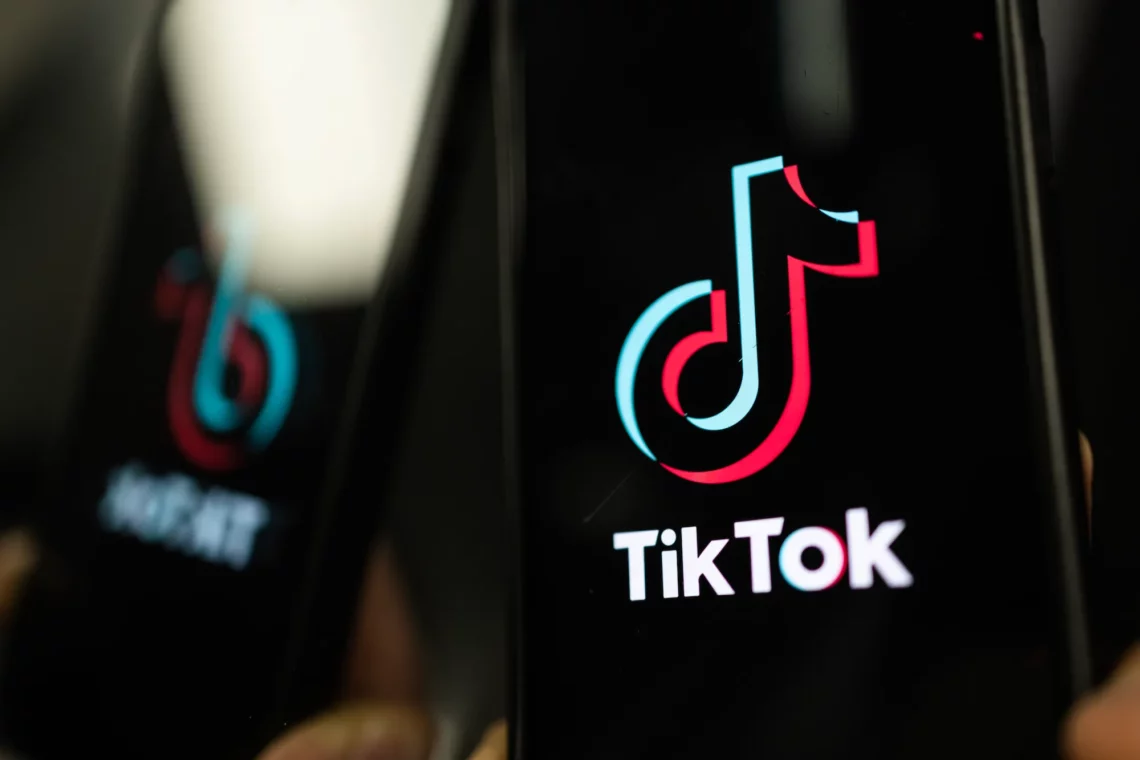Foreign digital companies operating in Nigeria, including Google, Microsoft, and TikTok, paid a total of N2.55 trillion in taxes during the first half of 2024, according to the National Information Technology Development Agency (NITDA).
NITDA disclosed this in a statement on Tuesday, signed by its Director of Corporate Communications & Media Relations, Hadiza Umar. The statement cited data from the Federal Inland Revenue Service (FIRS) and the National Bureau of Statistics (NBS).
The agency commended the tech giants for their compliance with the Code of Practice for Interactive Computer Service Platforms/Internet Intermediaries, a regulatory framework aimed at promoting online safety and managing harmful content.
According to NITDA, the regulatory measures have not only enhanced user safety but have also significantly increased government revenue. “Data from FIRS and NBS reveal that foreign digital companies contributed over N2.55 trillion (approximately $1.5 billion) in taxes in H1 2024,” the statement read. “This underscores the importance of robust regulations in ensuring compliance and driving revenue growth in Nigeria’s digital economy.”
The statement also provided insights into the platforms’ efforts to align with the Code of Practice. In 2023, the platforms received over 4.12 million registered complaints. A total of 65.8 million pieces of harmful content were removed, while 379,433 pieces were restored following user appeals. Additionally, 12.09 million accounts were deactivated or closed for violating community guidelines.
NITDA lauded the platforms for their commitment but stressed the need for continuous collaboration to address evolving challenges and ensure a safer digital space.
The Code of Practice, introduced in June 2022, sets clear guidelines for online platforms, including social media. It mandates swift action to remove illegal content and safeguard user privacy. Platforms are required to promptly remove unlawful content upon notification by users or government agencies and block non-consensual content, such as deepfakes or revenge porn, that targets individuals. They must also disclose the identity of content creators when ordered by a court, particularly in cases involving national security, public safety, or serious crimes like child abuse and rape.
NITDA emphasised its commitment to strengthening Nigeria’s digital ecosystem while ensuring accountability and safety for all users.





